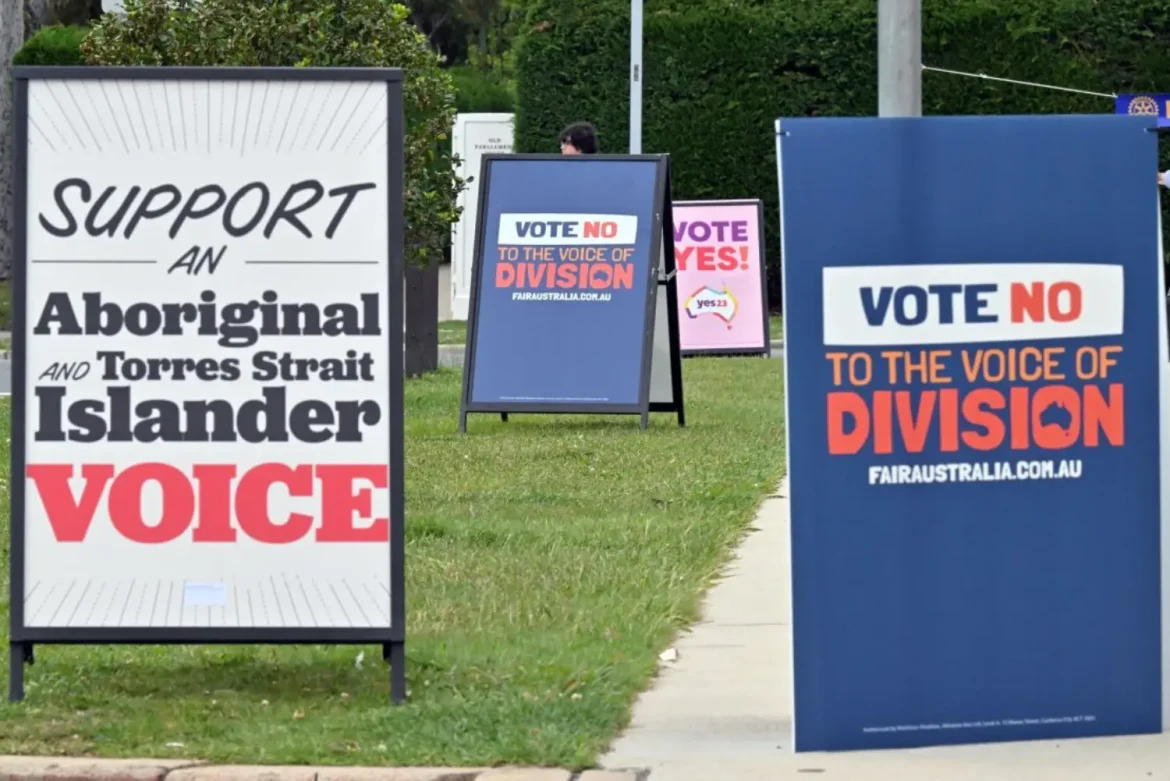Australia’s political debate has been dominated by discussions surrounding the proposed Indigenous Voice to Parliament referendum, with leaders from both major parties staking out their positions ahead of the national vote. The referendum, expected to be one of the most significant constitutional changes in decades, seeks to establish a representative body for Aboriginal and Torres Strait Islander peoples, enabling them to provide advice on laws and policies that affect their communities. While advocates say the measure would recognise Indigenous Australians in the Constitution and improve policymaking, critics question its scope and potential impact.
Advertisement
Prime Minister Anthony Albanese has positioned the referendum as a landmark step toward reconciliation, describing it as a chance for Australians to acknowledge the unique place of Indigenous people in the nation’s history. The government has invested heavily in community consultations, emphasising that the Voice would be advisory rather than legislative. Supporters argue that creating a permanent mechanism for Indigenous voices in policymaking could address long-standing gaps in areas such as education, health, and housing.
Opposition Leader Peter Dutton, however, has voiced concerns about what he calls a lack of clarity regarding how the Voice would function in practice. Members of the Liberal and National parties have expressed fears that it could create an additional layer of bureaucracy, complicating decision-making processes. Some opponents have argued for a more localised approach to Indigenous representation, rather than a single national body. The debate has highlighted divisions not only between parties but also within them, as some conservative politicians have broken ranks to support the initiative.

